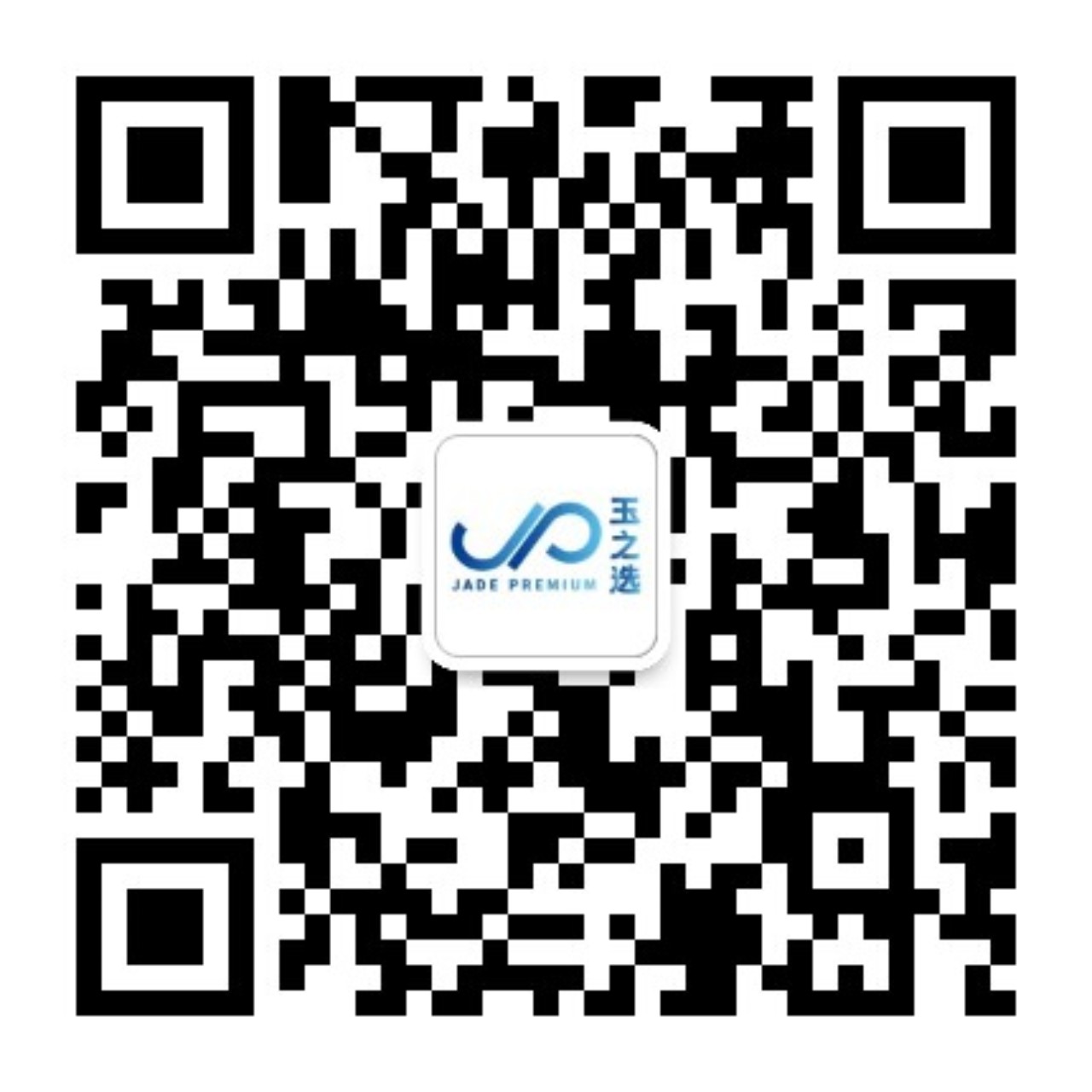Food Certifications
2025-07-26Mandatory Administrative Approvals
Food Production License (SC): Required for domestic food production.
Export Registration: Mandatory when selling products for export.
Voluntary Certifications
ISO 9000 Certification: A basic quality management certification adopted by most companies.
ISO 22000 Certification: A food safety management system, generally adopted by medium to large enterprises.
HACCP Certification: Based on principles similar to ISO 22000, widely recognized internationally, especially in the food industry.
ISO 14001 Certification: Environmental management system for companies concerned with environmental impact.
ISO 45001 Certification: Occupational health and safety management system for companies prioritizing employee well-being.
GMP Certification: Not mandatory in the food industry but can be pursued by qualified companies.
BRC Certification: Required by overseas buyers (especially in the UK and EU).
FSSC 22000 Certification: Required by international clients; complies with GFSI (Global Food Safety Initiative) standards.
IFS Certification: Required by EU buyers; a GFSI-recognized food safety standard.
GLOBAL G.A.P. (Good Agricultural Practices): Often required for agricultural product exports to the EU and other international markets.
HALAL Certification: Required for Muslim markets; ensures compliance with Islamic dietary laws.
China Organic Certification: Required for selling organic products domestically in China.
Green Food Certification: A Chinese-specific quality certification, adopted by companies based on market needs.
Management System Certifications
HACCP (Hazard Analysis and Critical Control Point)
Applicable Regions: Globally accepted (especially in the U.S., EU, and Canada).
Requirement: A risk control system focused on food safety; mandatory in many countries.
ISO 22000 – Food Safety Management System
Combines ISO 9001’s management framework with Codex Alimentarius HACCP principles.
Specifies universal food safety management requirements.
Applicable to: Food manufacturers, wholesalers, and retailers.
BRC – British Retail Consortium Global Standard
A GFSI-recognized food safety standard.
Applicable to: Food manufacturers, retailers, and suppliers.
Covers food safety, product quality, environmental sustainability, and corporate social responsibility.
IFS – International Featured Standards
Another GFSI-recognized food safety standard.
Applicable to: Food manufacturers and retailers.
Ensures the quality and safety of food production and processing, including infrastructure, personnel, and quality systems.
FSSC 22000 – Food Safety System Certification
Based on ISO 22000, combined with additional sector-specific requirements.
Applicable to: Food production, processing, packaging, storage, and transportation enterprises.
Helps companies meet GFSI expectations and improve food safety systems.
Product Certifications
USDA Organic Certification
Issued by the U.S. Department of Agriculture.
One of the most authoritative organic certification systems globally.
Requires strict control over all production stages, from raw material sourcing to processing.
Emphasizes sustainability and environmental friendliness.
China Organic Certification
Based on GB/T 19630 standards for organic production, processing, labeling, and management.
Ensures no use of synthetic pesticides, fertilizers, or preservatives, and adherence to ecological principles.
Green Food Certification (China)
A Chinese quality certification distinguishing between Grade A and AA levels.
Requires strict control over agrochemical use.
Promotes sustainable agricultural development and food quality assurance.
Pollution-Free Agricultural Product Certification
A mandatory certification in China issued by government authorities.
Ensures minimal use of agrochemicals and compliance with safety standards for agricultural products.
HALAL Certification
Ensures that food complies with Islamic dietary laws.
Covers raw materials, production processes, and packaging.
Required for products exported to Muslim-majority regions.

